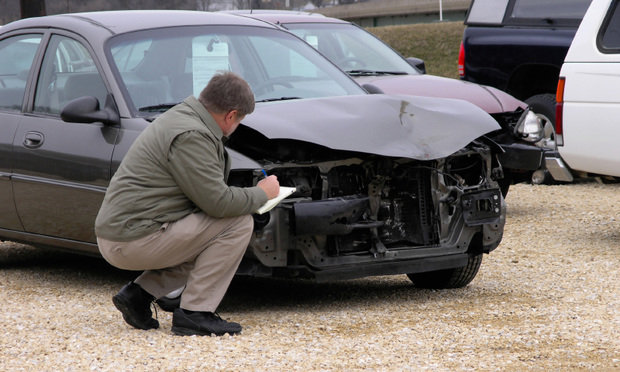One of the most important benefits an automobile insurance policy provides is personal injury protection (PIP) medical expense benefits. A named insured, a relative residing with the named insured, or anyone else who is otherwise not covered by automobile insurance, is usually entitled to have her medical bills paid for by the insurer, where those bills arise out of an automobile accident.
There are, however, certain circumstances in which an insurer can refuse to provide PIP benefits to a claimant. One of those circumstances is where the named insured has made a material misrepresentation when applying for insurance. Automobile insurance policies typically exclude coverage for any person making a misrepresentation of a material fact in the application for the policy (usually because the misrepresentation affects the insurer’s calculation of the appropriate premium to be charged for the policy). Examples of such material misrepresentations include omissions of names of household members and anticipated users of the vehicle to be insured. These misrepresentations are material because they affect the risk of a claim being made and, in turn, affect the calculation of the premium to be charged.
This content has been archived. It is available through our partners, LexisNexis® and Bloomberg Law.
To view this content, please continue to their sites.
Not a Lexis Subscriber?
Subscribe Now
Not a Bloomberg Law Subscriber?
Subscribe Now
LexisNexis® and Bloomberg Law are third party online distributors of the broad collection of current and archived versions of ALM's legal news publications. LexisNexis® and Bloomberg Law customers are able to access and use ALM's content, including content from the National Law Journal, The American Lawyer, Legaltech News, The New York Law Journal, and Corporate Counsel, as well as other sources of legal information.
For questions call 1-877-256-2472 or contact us at [email protected]



